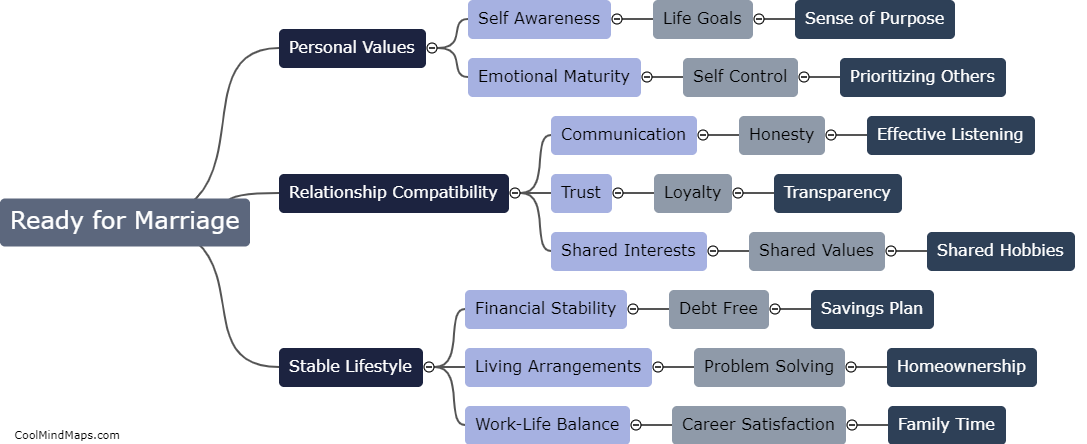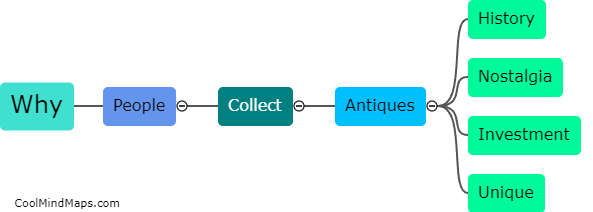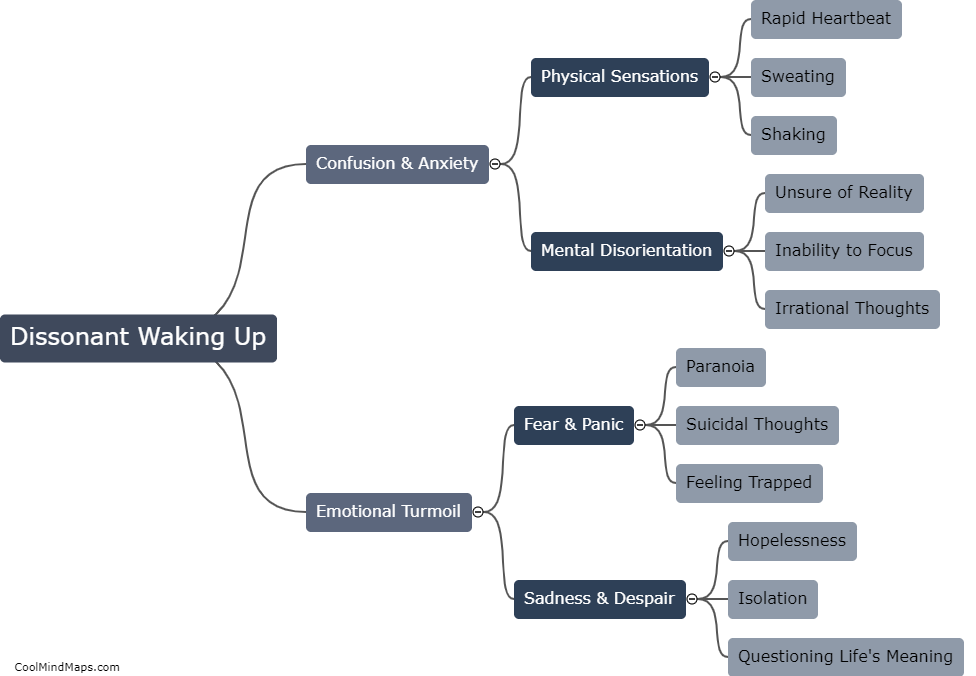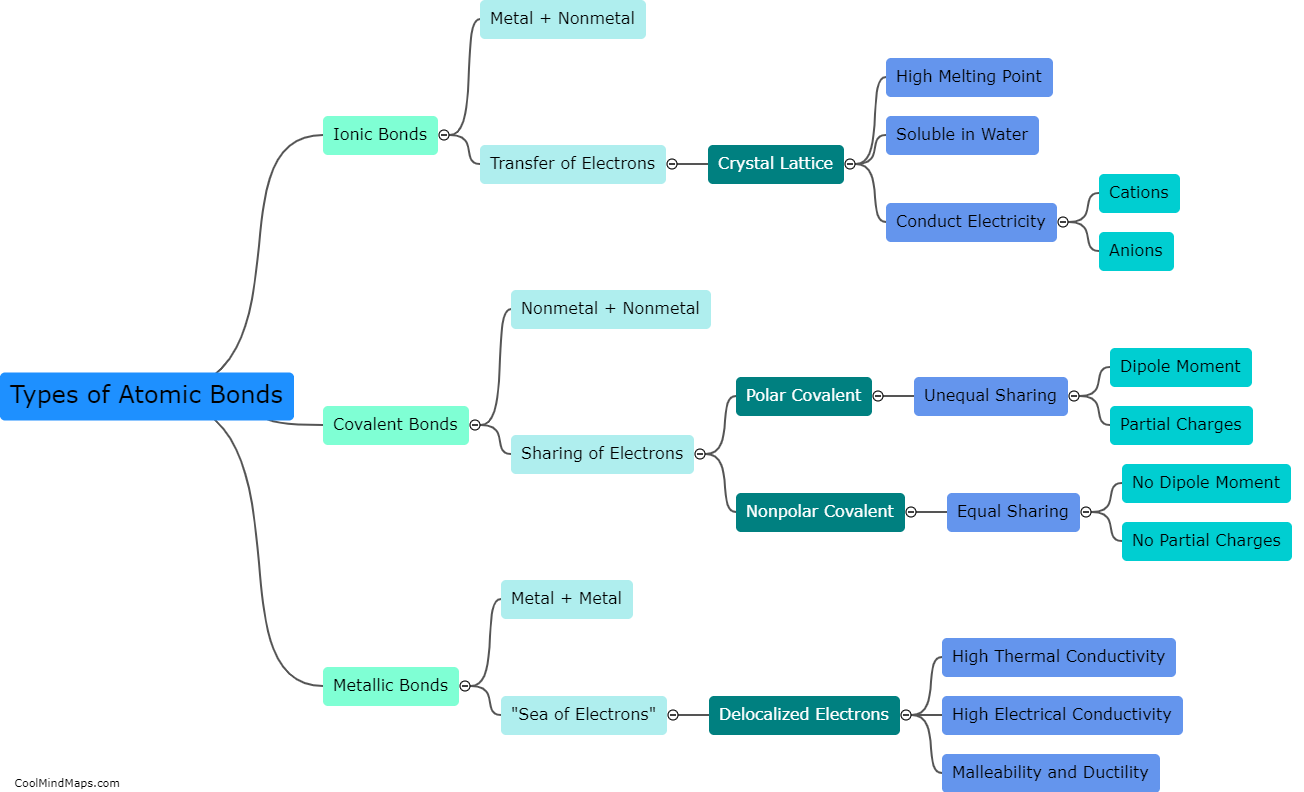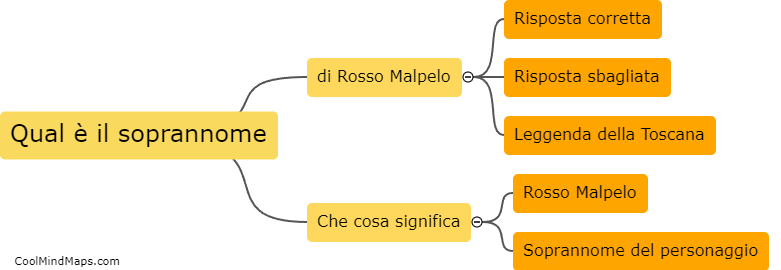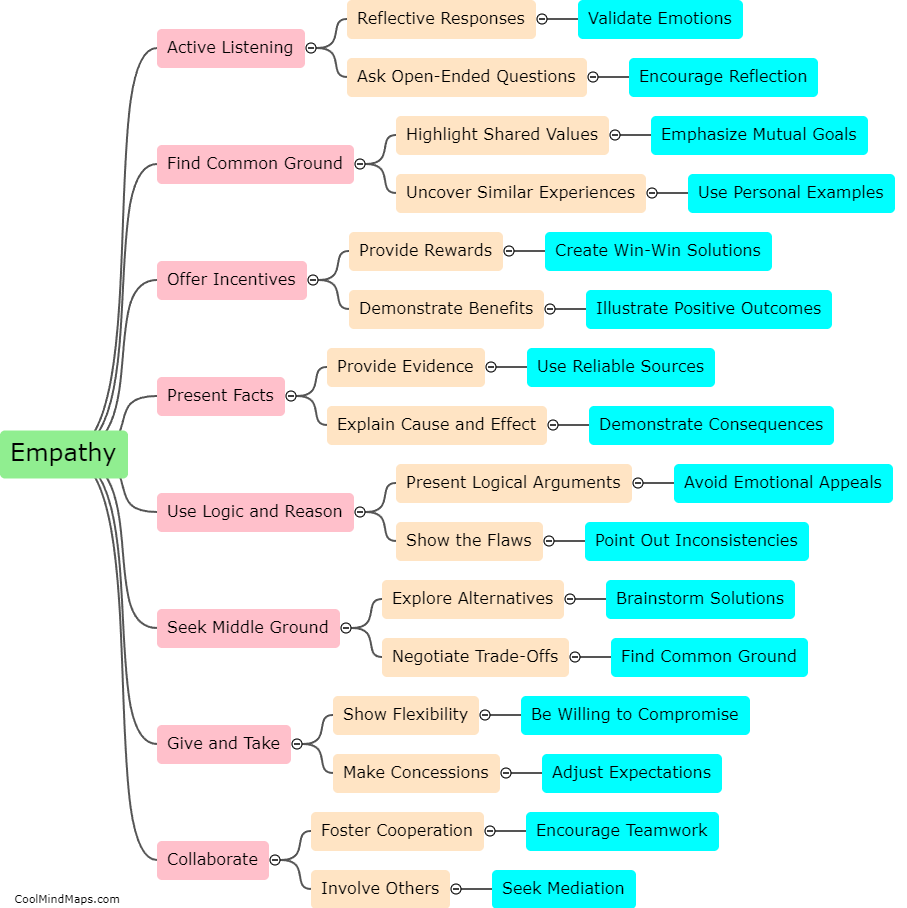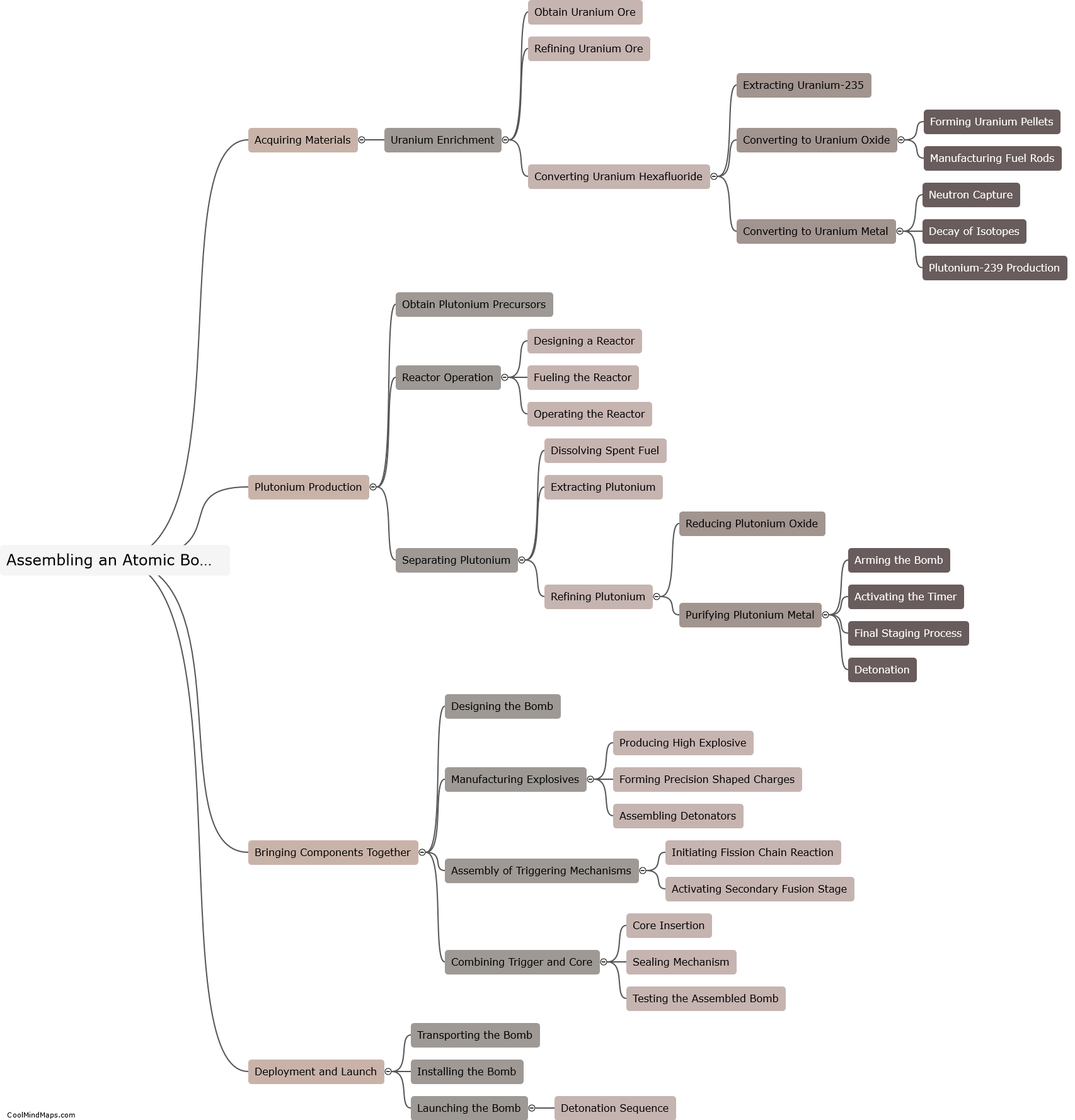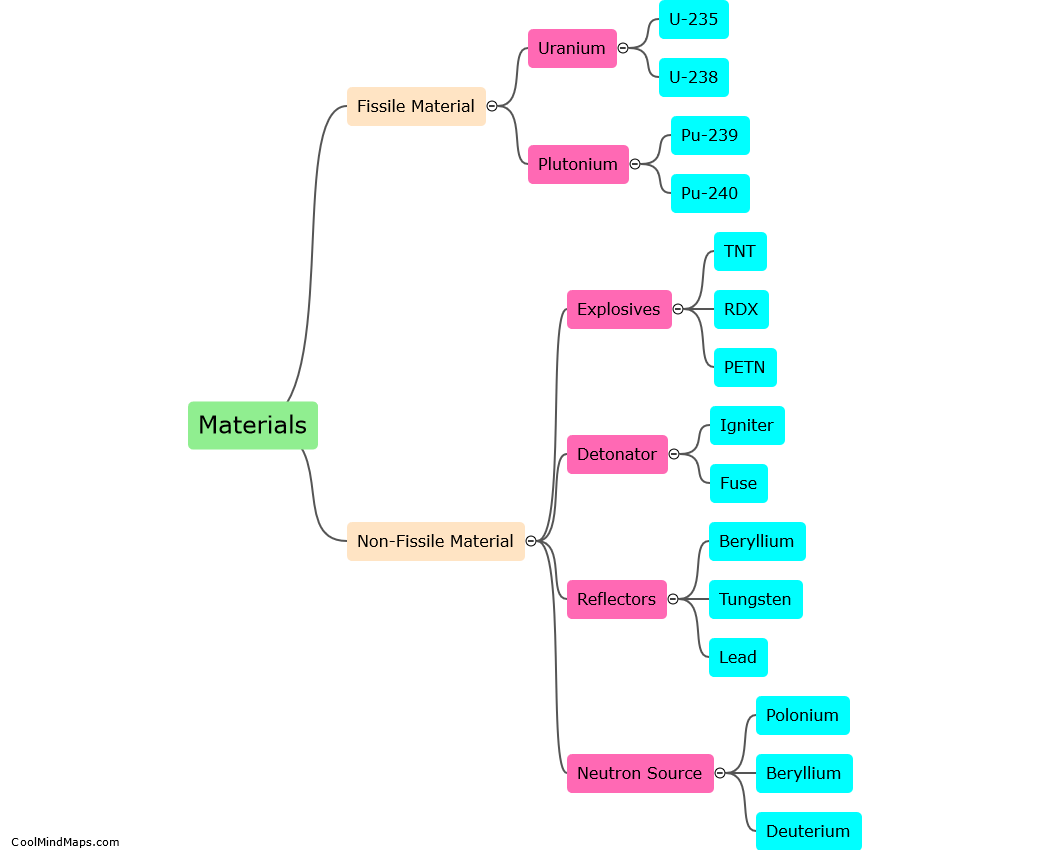How do liberalism and nationalism interact with each other?
Liberalism and nationalism are two distinct but interconnected ideologies that often interact with each other in complex ways. Liberalism emphasizes individual liberty, human rights, and limited government intervention, while nationalism prioritizes the collective interests, identity, and unity of a nation or ethnic group. While liberalism promotes diversity, pluralism, and cosmopolitanism, nationalism can sometimes prioritize cultural homogeneity and territorial integrity. However, liberalism and nationalism are not mutually exclusive and can be compatible to some extent. Liberal nationalists argue that individual rights and a liberal government can best be protected within a nation-state framework, while liberal ideals can inform and shape the nationalist project in a way that promotes inclusivity, equal rights, and the protection of minority groups. On the other hand, illiberal or ethno-nationalist versions of nationalism might clash with liberal values and rights, leading to potential tensions and conflicts between liberalism and nationalism. Overall, the relationship between liberalism and nationalism is complex, with various interpretations and interactions depending on the context and specific manifestations of each ideology.
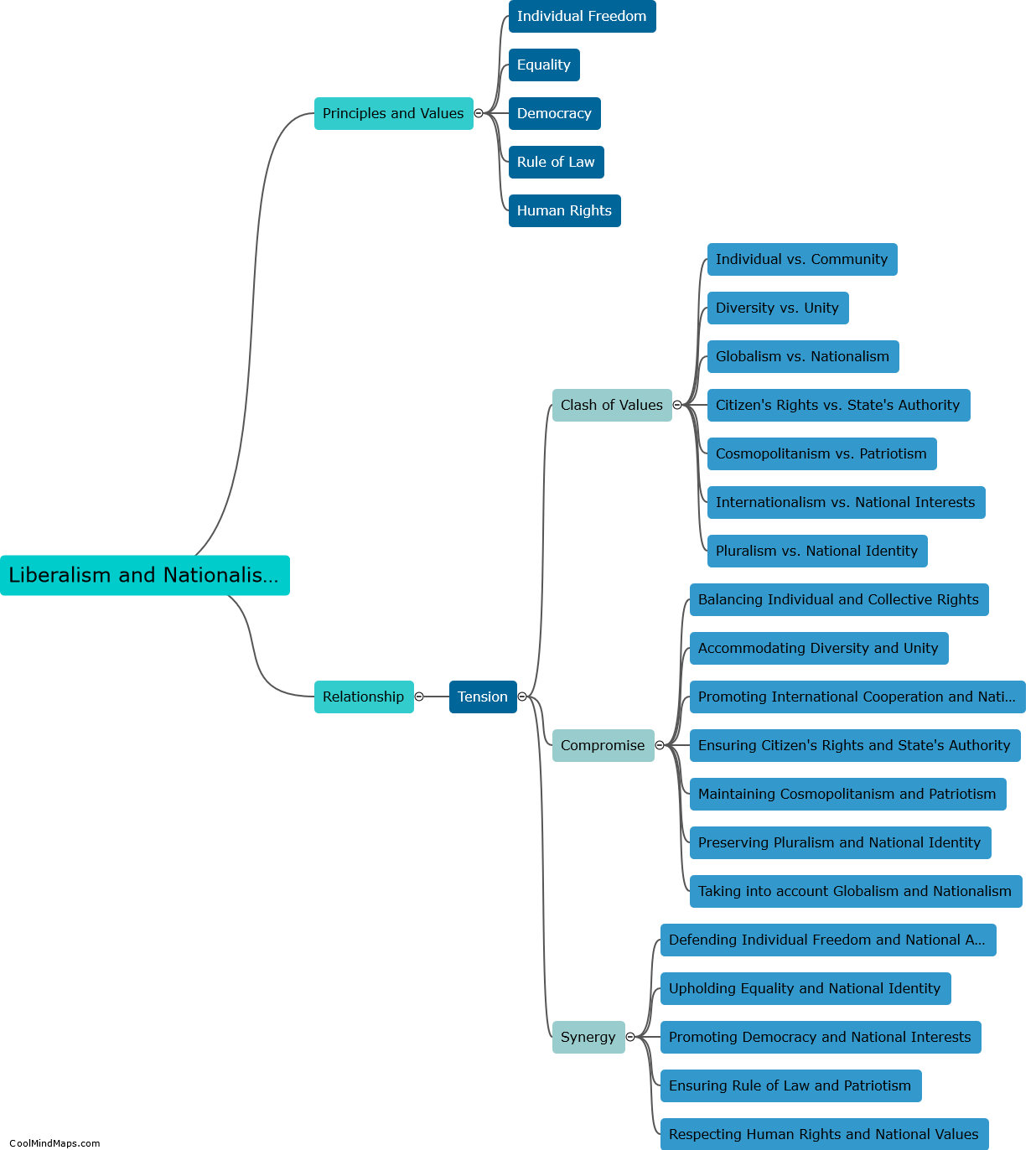
This mind map was published on 25 October 2023 and has been viewed 111 times.

